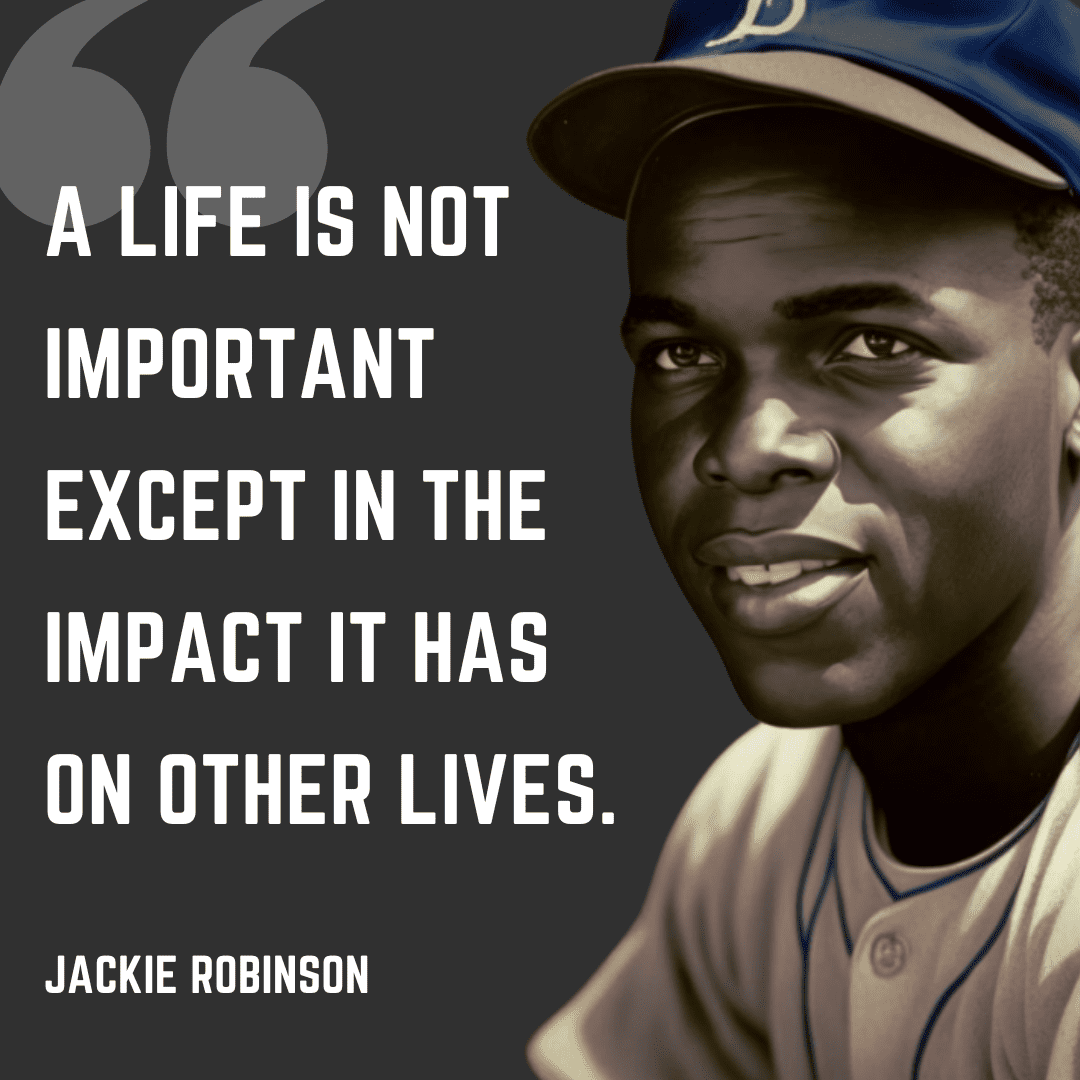Historical Context
![]()
The relationship between Iran and Israel is a complex and multifaceted one, marked by deep-seated historical, religious, and ideological differences. The two countries have been embroiled in a protracted conflict, characterized by political tensions, military confrontations, and proxy wars. This historical context provides a crucial backdrop to understanding the current state of affairs and the challenges facing both nations.
Timeline of Significant Moments, Iranian israeli
The historical relationship between Iran and Israel can be traced back to the establishment of the state of Israel in 1948. While Iran initially maintained neutral relations, the 1979 Iranian Revolution marked a turning point. The Islamic Republic of Iran, under the leadership of Ayatollah Ruhollah Khomeini, adopted a staunchly anti-Israel stance, viewing the Jewish state as an illegitimate entity and a threat to the region’s stability.
- 1979 Iranian Revolution: The Islamic Revolution in Iran led to the establishment of an Islamic Republic, which has been vehemently opposed to Israel since its inception. The revolution ushered in a period of heightened tensions between the two countries, as Iran began to actively support Palestinian resistance movements and condemn Israel’s policies.
- 1980-1988 Iran-Iraq War: While the Iran-Iraq War was primarily a conflict between Iran and Iraq, Israel provided support to Iraq, which further fueled animosity between Iran and Israel. Israel also feared that Iran’s victory in the war would lead to a strengthening of its regional influence and a greater threat to Israel’s security.
- Rise of Hezbollah: The rise of Hezbollah in Lebanon, a Shia Islamist militant group backed by Iran, marked a significant escalation in the Iran-Israel conflict. Hezbollah has engaged in numerous armed clashes with Israel, and its presence in Lebanon has served as a constant source of tension between the two countries.
Role of Religious and Ideological Differences
The relationship between Iran and Israel is deeply intertwined with religious and ideological differences. Iran, as a predominantly Shia Muslim country, views Israel as a symbol of Western imperialism and a threat to the Islamic world. The Iranian government, under the auspices of the Islamic Revolutionary Guard Corps (IRGC), has repeatedly called for the destruction of Israel, viewing it as a illegitimate entity that occupies Palestinian land. Israel, on the other hand, sees Iran as a state sponsor of terrorism and a major threat to its national security.
“The Zionist regime is a malignant tumor in the region that must be excised.” – Ayatollah Ali Khamenei, Supreme Leader of Iran
The deep religious and ideological differences between Iran and Israel have created an environment of mistrust and hostility, making it difficult for the two countries to engage in meaningful dialogue or diplomacy.
Political and Diplomatic Relations: Iranian Israeli

The relationship between Iran and Israel is marked by deep mistrust and hostility, rooted in historical conflicts, ideological differences, and competing regional ambitions. The two countries have never formally recognized each other and have been engaged in a protracted and often violent conflict for decades. This section delves into the current state of political and diplomatic relations between Iran and Israel, highlighting key areas of conflict and potential for cooperation, and exploring the influence of international actors and regional powers on this complex relationship.
Current State of Relations
Iran and Israel maintain a state of non-recognition and hostility. Diplomatic relations are non-existent, and there is no official communication between the two governments. The relationship is characterized by a high level of suspicion and distrust, fueled by historical conflicts, ideological differences, and ongoing regional tensions. Both countries view each other as existential threats and have engaged in proxy wars and covert operations.
Key Areas of Conflict
- Nuclear Program: Iran’s nuclear program has been a major source of tension between the two countries. Israel views Iran’s nuclear ambitions as a threat to its security and has repeatedly stated its willingness to take military action to prevent Iran from developing nuclear weapons. Iran, on the other hand, insists that its nuclear program is for peaceful purposes and has criticized Israel’s aggressive rhetoric and actions.
- Regional Influence: Both Iran and Israel seek to exert influence in the Middle East, and their interests often clash. Iran supports Hezbollah in Lebanon, Hamas in Gaza, and other militant groups in the region, which Israel considers a threat to its security. Israel, in turn, has been accused of supporting anti-Iranian groups and destabilizing the region.
- Syrian Civil War: The Syrian civil war has further complicated the relationship between Iran and Israel. Iran has been a key ally of the Syrian government, providing military and financial support, while Israel has been concerned about Iran’s growing influence in Syria and has carried out airstrikes against Iranian targets.
Potential for Cooperation
Despite the deep animosity, there are some areas where Iran and Israel could potentially cooperate. These include:
- Combating Terrorism: Both countries have faced threats from terrorist groups, such as ISIS. There is a possibility for cooperation in combating these threats, although it would require significant trust-building measures.
- Water Resources: The Middle East is a water-scarce region, and Iran and Israel share common challenges in managing water resources. Cooperation in this area could benefit both countries.
- Energy Security: Both countries have an interest in ensuring energy security. Iran is a major oil producer, while Israel is a significant consumer of energy. Cooperation in the energy sector could be mutually beneficial.
Role of International Actors and Regional Powers
International actors and regional powers have played a significant role in shaping the relationship between Iran and Israel.
- United States: The United States has been a key player in the Iran-Israel relationship. The US has imposed sanctions on Iran and has been a strong supporter of Israel. The US withdrawal from the Iran nuclear deal in 2018 has further strained relations between Iran and the US, which has indirectly impacted the relationship between Iran and Israel.
- European Union: The European Union has sought to maintain diplomatic relations with both Iran and Israel. The EU has been involved in efforts to resolve the nuclear issue and has been a strong advocate for peace in the Middle East.
- Russia: Russia has emerged as a significant player in the Middle East. Russia has close ties with both Iran and Israel and has been involved in efforts to de-escalate tensions in the region.
- Arab States: The relationship between Iran and Israel is also influenced by the dynamics within the Arab world. Some Arab states, such as Saudi Arabia, have historically been opposed to Iran, while others, such as Oman, have maintained a more neutral stance.
Security and Military Concerns

The relationship between Iran and Israel is characterized by deep mistrust and a history of conflict. Both countries possess significant military capabilities, leading to concerns about regional security and the potential for escalation. The presence of proxy wars and the development of nuclear weapons further complicate the situation, adding layers of complexity to the already tense dynamic.
Military Capabilities and Regional Security
The military capabilities of Iran and Israel are substantial, making them significant players in the Middle East. Iran’s military is the largest in the region, with a strong emphasis on land forces and a growing navy. Israel, while smaller in size, boasts a technologically advanced military with a focus on air power and missile defense systems.
- Iran’s military strength is based on its large army, with an estimated 523,000 active personnel and 350,000 reserves. This allows Iran to project power within its borders and beyond, as seen in its involvement in conflicts in Syria and Yemen.
- Israel, on the other hand, prioritizes technology and intelligence gathering. Its air force is considered one of the most advanced in the world, and its missile defense systems, such as the Iron Dome, provide a crucial layer of protection.
The military capabilities of both countries have implications for regional security. The potential for a direct confrontation between Iran and Israel, while unlikely, remains a significant concern. The presence of proxy forces and the development of ballistic missiles further complicate the security landscape.
Iranian israeli – The complex relationship between Iran and Israel is a hot topic, often sparking heated debates. But amidst the political tension, there’s a surprising common ground: a shared appreciation for practical solutions. Just like a 2 chair drop leaf table can transform a small space, perhaps finding common ground between these two nations could also unlock a path towards a more peaceful future.
The Iranian-Israeli conflict is a long-standing and complex one, fueled by political, religious, and ideological differences. One key aspect of this conflict is the relationship between Israel and Hamas, a Palestinian Islamist group that Iran supports. Understanding the dynamics between Israel and Hamas, a relationship marked by conflict and tension , is crucial for grasping the broader context of the Iranian-Israeli conflict.
